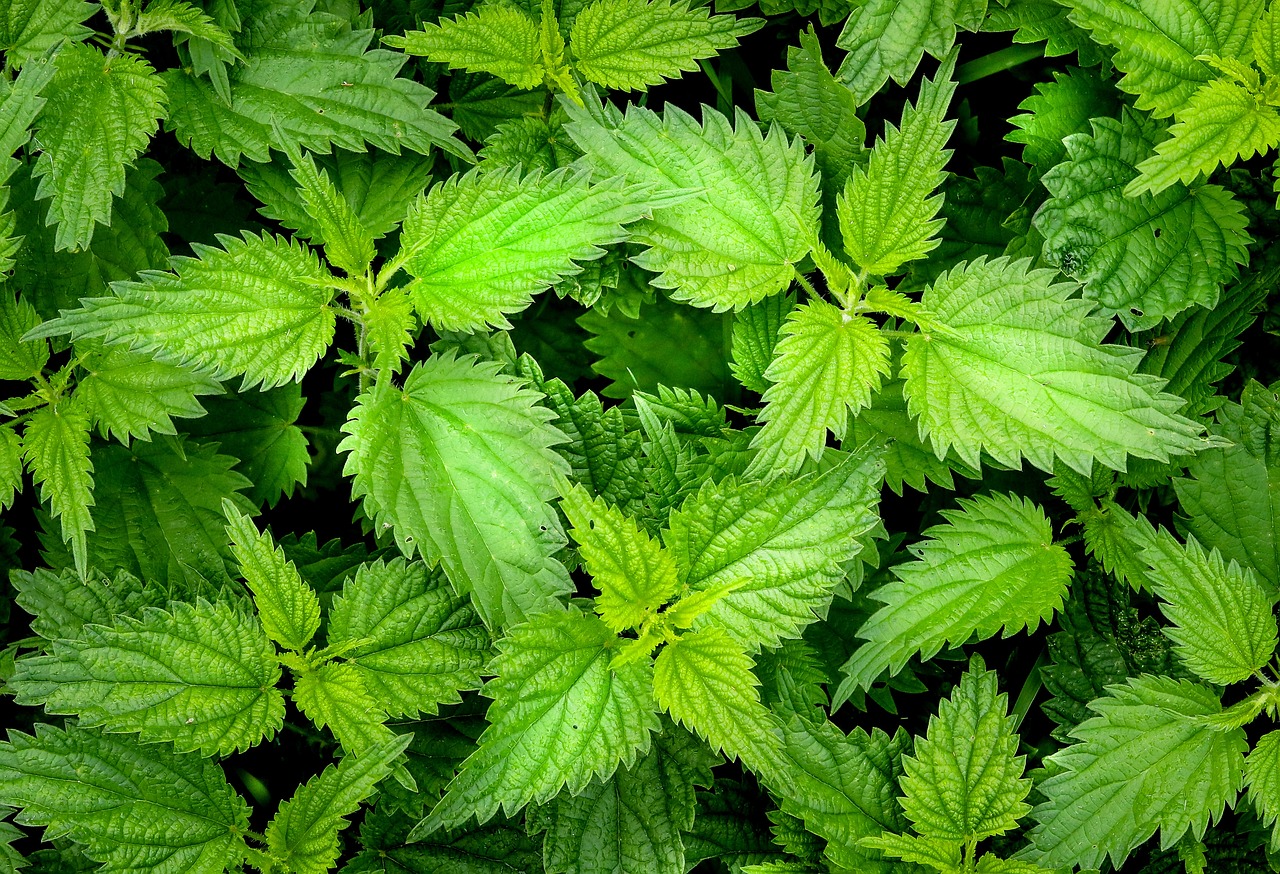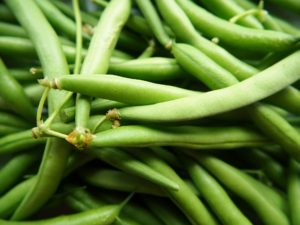If you’re looking for an herb that’s packed with nutrients and steeped in traditional uses, look no further than nettles. Often overlooked and dismissed as just a pesky weed, nettles are actually a culinary and medicinal powerhouse. Harvesting nettles can be a rewarding experience, whether you’re interested in their health benefits, cooking with them, or engaging in foraging.
What Are Nettles?
Nettles, specifically stinging nettles (Urtica dioica), are perennial plants that thrive in moist, nutrient-rich soils. They are characterized by their serrated, heart-shaped leaves and tiny, hair-like structures that can deliver a sting if touched. While the sting can be off-putting, this characteristic is a defense mechanism and becomes irrelevant once the nettles are cooked or dried.
Benefits of Nettles
Nettles are rich in vitamins and minerals, including:
Vitamins A, C, K: Great for immune health and skin.
Iron: Important for red blood cell production.
Calcium: Essential for bone health.
Magnesium: Supports muscular and nervous system function.
Beyond their nutritional benefits, nettles have a long history of use in herbal medicine. They are known to support digestive health, reduce inflammation, and even act as a natural antihistamine, making them beneficial during allergy season.
When to Harvest Nettles
Timing is key when it comes to harvesting nettles. The best time to gather them is in the spring, typically between March and June, when the plants are young and tender. Young leaves, especially the top few inches of the plant, are the most flavorful and nutritious. As the plant matures, the leaves can become tough and might develop a stronger sting.
Where to Find Nettles
Nettles grow in a variety of environments, often found in damp, shady areas such as woodlands, alongside streams, and even in gardens. When foraging, look for patches that are away from roads and other pollution sources to ensure that you are gathering clean, uncontaminated plants.
How to Harvest Nettles
Dress Appropriately: Wear gloves and long sleeves to protect yourself from the stinging hairs. Sturdy gardening gloves are ideal for this task.
Gather Tools: Using scissors or garden shears can make the process easier. A basket or bag will help transport your harvest without crushing the leaves.
Harvest Carefully: Snip the young leaves and tops of the plants, avoiding the thicker stems. Only take what you need, leaving enough for the plant to regenerate and continue growing. Remember, sustainability is key in foraging.
Preparing Nettles for Use
Once you’ve harvested your nettles, you’ll want to process them quickly to enjoy their best flavor and nutritional benefits.
Cleaning: Rinse the nettles in cold water to remove any dirt or insects. Handle them with gloves until they are prepared.
Cooking: Cooking nettles neutralizes the sting. You can blanch them in boiling water for a couple of minutes, steam them, or simply sauté them in olive oil with garlic. They can be added to soups, stews, or even used in pesto as a delightful twist on the traditional recipe.
Drying: If you want to enjoy nettles year-round, you can dry them. Hang them in a dark, dry place or use a dehydrator. Once dried, they can be stored in an airtight container and used in teas or as a seasoning.
Recipes to Try
Nettle Soup: Sauté onions, garlic, and chopped potatoes in olive oil, then add vegetable broth and cleaned nettles. Cook until tender, then blend until smooth for a nutritious soup.
Nettle Tea: Steep dried nettles in hot water for a soothing herbal tea that offers numerous health benefits.
Safety Considerations
While nettles are safe for most people when prepared properly, it’s important to consult with a healthcare professional if you have allergies or health conditions. Pregnant women should also avoid nettles, as they can stimulate the uterus.
Conclusion
Harvesting nettles is not only an enjoyable outdoor activity but also an opportunity to connect with nature and introduce nutrient-rich food into your diet. With their multitude of health benefits and culinary versatility, nettles deserve a place in your kitchen and your foraging adventures. So, gear up, grab your gloves, and start harnessing the power of this incredible plant.





